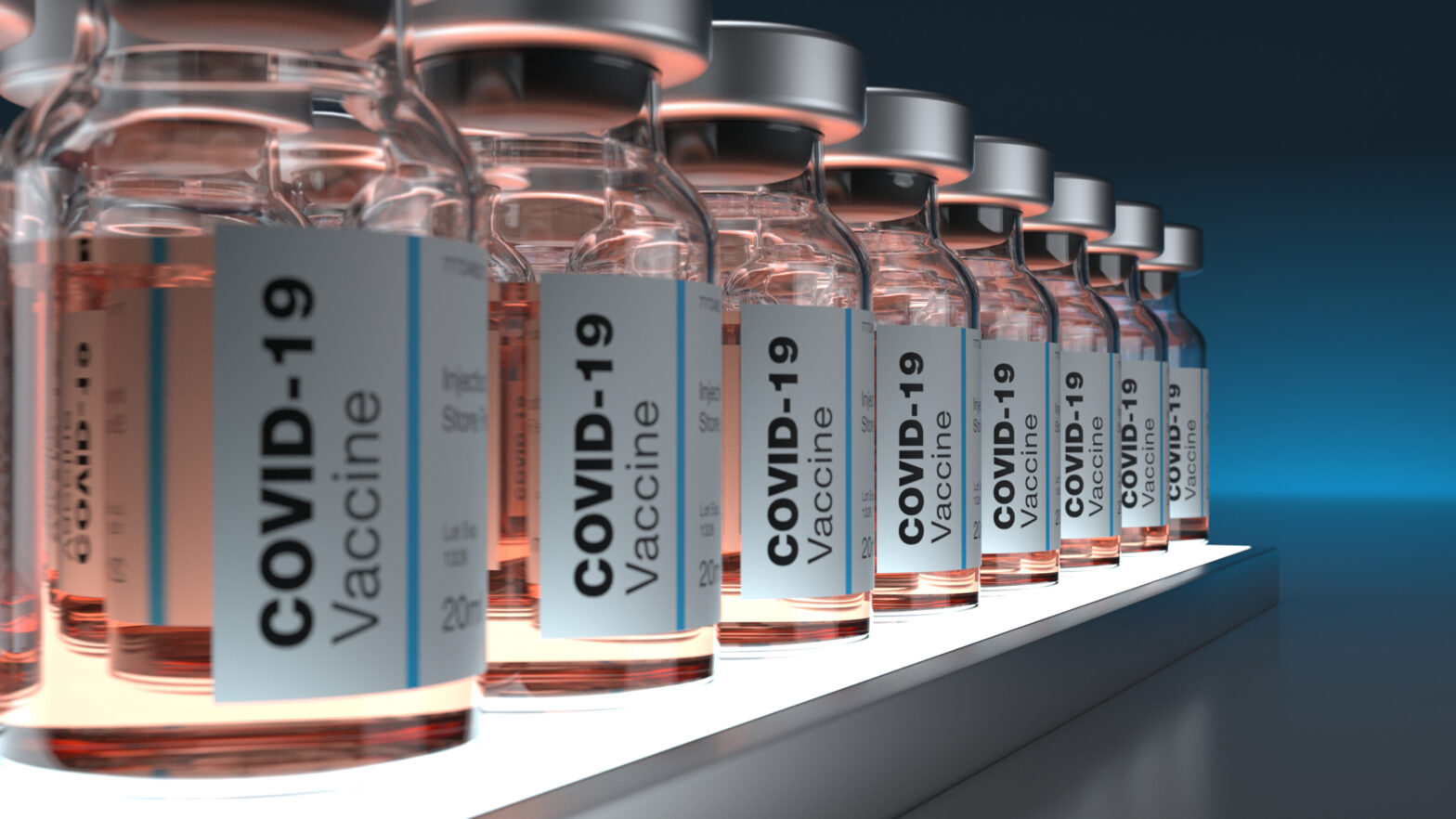| The US is communicating regularly with India in bilateral and multilateral channels to discuss the supply of Covid-19 vaccines and inquire about its timeline for restarting vaccine exports. “Vaccinating as much of the developing world, as quickly as possible, is in America’s vital interest, because the uncontrolled spread of the virus inevitably produces more dangerous variants,” an Axios report said. |
The United States has been pushing India to restart vaccine exports as it looks to stem the global spread of the Covid pandemic.
The US is communicating regularly with India in bilateral and multilateral channels to discuss the supply of Covid-19 vaccines and inquire about its timeline for restarting vaccine exports, a senior Biden administration official told Reuters.
The supply of Covid vaccines will also be one of the key topics of discussion during the first in-person Quad leadership meeting in US on September 24. Quad is a multilateral alliance of US, India, Australia and Japan.
During their virtual meeting in March this year, the Quad leaders had agreed to work closely on boosting Covid-19 vaccine supply.
However, the initiative was stalled after India was struck by the deadly second wave of the virus.
Since then, India’s vaccine exports took a major hit as the country sought to prioritise immunisation of its population of over 1.3 billion people.
According to Axios, the Biden administration is now looking to push Modi to renew vaccine supply to the world through the global Covax initiative since it wants to mitigate the international spread of the virus.
“Vaccinating as much of the developing world, as quickly as possible, is in America’s vital interest, because the uncontrolled spread of the virus inevitably produces more dangerous variants,” the Axios report said.
“Washington was staying in close touch with India and other Quad partners about the vaccine partnership, and any factors that may affect this project or global vaccine supply, but those discussions were not tied to a specific summit or engagement,” the US official said.
The official noted that Washington had diverted its own supply of raw materials for vaccine production to India in April, given its urgent needs, and global vaccine supply remained a key bottleneck to ending the pandemic.
“We commend India for being one of the largest manufacturers for safe and effective COVID-19 vaccines globally, and we note that COVAX and the world rely heavily on India’s contributions,” the official said. “It’s important for the United States to engage all our allies and partners on these matters so we can take the necessary actions to end this pandemic together.“
However, while US is pushing India to kickstart its vaccine exports, it had stalled its own vaccine exports for months to prioritise shots for its population under the “America First” policy.
The floating traffic jams off ports. The multiplying costs of moving freight. The resulting shortages of goods. All of this had seemed like an unpleasant memory confined to the COVID-19 pandemic. But no such luck!
An ocean container capacity crunch has hit global trade just as peak shipping season starts, with freight spot rates up some 30% over the past few weeks and heading higher.
The first joint Europe-wide assessment of the drivers and impact of chemical pollution by the European Environment Agency (EEA) and the European Chemicals Agency (ECHA) has concluded that, despite progress in some areas, “more work is still needed to reduce the impact of harmful substances on human health and the environment”. Key findings include:
The severe drought which has forced the Panama Canal, one of the world’s busiest trade passages, to limit daily crossings could impact global supply chains during a period of high demand.
In the early hours of March 26, the Singapore-flagged ship Dali, loaded with 5,000 containers, slammed into Baltimore’s Francis Scott Key Bridge, causing the 1.6-mile (2.5-kilometer) bridge to collapse in a matter of seconds. The Dali was departing for Colombo when the disaster struck. Initial fears were confirmed that half a dozen people lost their lives in the accident.
The pharmaceutical and biotechnology industries constantly seek innovative methods to enhance product stability, solubility, bioavailability and ease of use. Within this realm, CDMOs [Contract Development & Manufacturing Organizations] serve as invaluable partners in the development and production of high-quality drug products.
Chinese New Year 2024 is upon us, disrupting logistics from Asia starting Feb 10th. This event is expected to impact global shipping until Feb 21. Freight rates from Asia has skyrocketed with rates to the US surging by 3.5X and Europe by 6X.
Amid ongoing Red Sea diversions by shipping giants like Maersk, CMA, logistics managers are globally confronting a dual challenge of escalating ocean and air freight prices alongside cargo disruptions due to
Why will CM be the next generation on quality?
